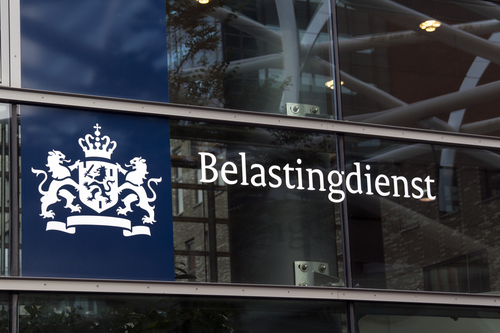Partner content
The 30% ruling: what is it, who can claim it and how does it work?


You may have heard a lot about the 30% ruling, or you may even be claiming it already. Here’s a definitive guide to this very Dutch expat benefit, by Tax Consultants International.
The Netherlands has a beneficial regime for employees who are recruited or hired from abroad. The extraterritorial expenses you, as expat, can incur because you live outside of your home country, may under circumstances be reimbursed free of tax. Key for tax-free reimbursement is that your employer is able to substantiate these expenses. Examples of extraterritorial expenses are housing allowance, cost of living allowance, personal income tax return assistance, house hunting/acquaintance trips. This is not a limited list!
30%-ruling
An alternative for tax beneficial reimbursement of costs, is to apply for the 30%-ruling. In a nutshell, this ruling means that instead of reimbursing the actual extraterritorial expenses, 30% of the gross taxable salary can be reimbursed free of tax.
If the 30%-ruling applies, generally no tax free reimbursements of separate extraterritorial expenses can occur. Such expenses reimbursed in addition to the 30%-ruling, are subject to wage tax. The only exception is the reimbursement for international school fees for your children. Those expenses can be reimbursed tax free, even if you have the 30%-ruling.
Requirements
The requirements for the 30%-ruling need to be met continuously, otherwise the ruling ends. The conditions for obtaining a 30%-ruling are as follows:
- You (the employee) have to be assigned to the Netherlands or recruited from abroad to work in the Netherlands;
- You must have lived more than 150 kilometers from the Dutch border during at least 2/3 (16 months) of the 24 months period prior to the start of the employment in the Netherlands; and
- You need to have specific skills that are scarcely available on the Dutch labor market. Specific skills are deemed to be available if you have an annual taxable salary of at least € 37,296 (2018) excl. the 30% allowance (€ 53,280 incl. the 30% allowance). The salary criterion can be lower (i.e. € 28,350 excl. the 30% allowance) if you have a Master’s degree (MSc) and are not yet 30 years. For scientists and researchers of educational and subsidized research organizations no minimum salary threshold applies.
Key is that you reside outside the Netherlands when getting the job. If you move to the Netherlands, register here and only then start looking for a job, you are not considered to be recruited/hired from abroad.
The 150 kilometer requirement effectively means that if you currently live in Belgium, Luxembourg and (small) parts of Germany, France and the UK, you do not qualify for the 30%-ruling. However, the actual extraterritorial expenses incurred can still be reimbursed free of tax to you.
The salary threshold is considered a minimum salary. If your taxable salary exceeds € 53,280, in effect 30% of the full taxable salary is free of tax. If you earn between the minimum threshold of € 37,296 and € 53,280, the tax free amount is the difference between your salary and the minimum threshold. Effectively, you have a partial 30%-ruling.
Please note that each case should be reviewed on its own merits and in case of doubt, expert advice should be sought.
30%-ruling and Dutch personal income tax return
An additional benefit if you have the 30%-ruling is to opt to be treated as a “partial non-resident taxpayer” in your Dutch income tax return.
This means that you will be treated as a resident taxpayer for Box 1 (income from work and main residence). For Box 2 (income from substantial shareholding) and Box 3 (income from savings and investments), you will be considered a non-resident taxpayer. In such case, the value of your bank accounts do not have to be included in the Dutch income tax return. No income tax is due on your assets. Depending on the tax treatment of ‘wealth’ in your home country, this may be (more) beneficial.
Other matters
In principle, the 30%-ruling is granted for a maximum period of 96 months (8 years). Periods of previous stay or employment in the Netherlands ending within/during the last 25 years before the start of your employment are deducted from this period.
The new government announced in its coalition agreement in October 2017 to reduce the period of 8 years to 5 years as per 2019. No new legislation has been drafted yet. Whether a transition rule for existing 30%-rulings will be introduced is currently unknown.
For more information or assistance with the 30%-ruling, or the personal income tax return, please visit our website or call our tax expert Joukje de Jong-Mensink at 0031 20 570 9447.
Thank you for donating to DutchNews.nl.
We could not provide the Dutch News service, and keep it free of charge, without the generous support of our readers. Your donations allow us to report on issues you tell us matter, and provide you with a summary of the most important Dutch news each day.
Make a donation